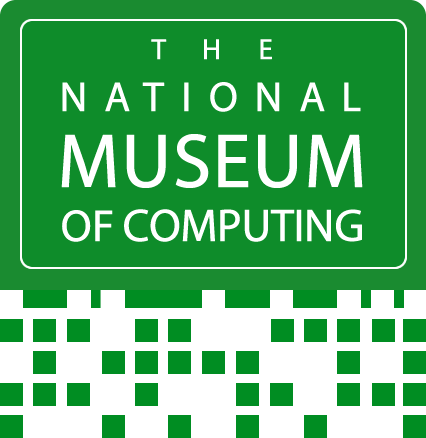Strategy leader in IT industry becomes trustee
/James Mayo has joined the board of trustees at The National Museum of Computing.
An executive leader in the IT sector, James has 25 years of international sales, marketing and business development experience working for companies including Unisys, HCL Technologies Fujitsu and Accenture. He is well known and respected across the industry for his ability to engage teams through a collegiate leadership style and for outstanding delivery achievements.
As a trustee at TNMOC, James will have specific responsibility for the commercial and business development of the Museum.
“My first visit to the museum had such an unexpected emotional impact upon me that I immediately wanted to contribute to its development in some way,” explained James. “I had simultaneous feelings of awe, inspiration, shame and pride! I was awed by the intellect of the pioneers of computing, inspired by the individuals who have brought that history to life, shamed that I had not visited before and proud of this outstanding British interpretation of the heritage of the industry in which I work.”
Welcoming James to the board, chairman Andrew Herbert said: “James is a great fit in our team of trustees. His enthusiasm for what we are doing is infectious and he has very quickly grasped the many challenges and opportunities that face an organisation with, as yet, modest resources doing visionary work with the help of corporate sponsors, individual donors, dedicated volunteers and a small team of staff. We are already benefitting from his insights and initiatives.”
About The National Museum of Computing
The National Museum of Computing, located on Bletchley Park, is an independent charity housing the world's largest collection of functional historic computers, including the rebuilt Colossus, the world’s first electronic computer, and the WITCH, the world's oldest working digital computer. The Museum enables visitors to follow the development of computing from the ultra-secret pioneering efforts of the 1940s through the large systems and mainframes of the 1950s, 60s and 70s, and the rise of personal computing in the 1980s and beyond.
The Museum runs a highly successful Learning Programme for schools and colleges and promotes introductions to computer coding amongst young people to inspire the next generation of computer scientists and engineers.
Sponsors of the Museum have included Bletchley Park Science and Innovation Centre, Bloomberg, CreateOnline, Ceravision, Fujitsu, InsightSoftware.com, Ocado Technology, FUZE, 4Links, Google UK, IBM, NPL, HP Labs, and BCS.
Outside the long school holidays, the whole Museum is open to the public from 12 noon – 5 pm on Thursdays, Saturdays and Sundays, spring and summer Bank Holidays and during long school holidays. The Colossus and Tunny galleries are open daily. Public and private Guided Tours are available and bookable online – see the website or the iPhone app for details. Educational and corporate group visits are available by prior arrangement.
For more information, see www.tnmoc.org and follow @tnmoc on Twitter and The National Museum of Computing on Facebook and Google+. A TNMOC iPhone App is also available from the iPhone App Store.
Media Contacts
Stephen Fleming, Palam Communications
01635 299116
s.fleming@palam.co.uk



